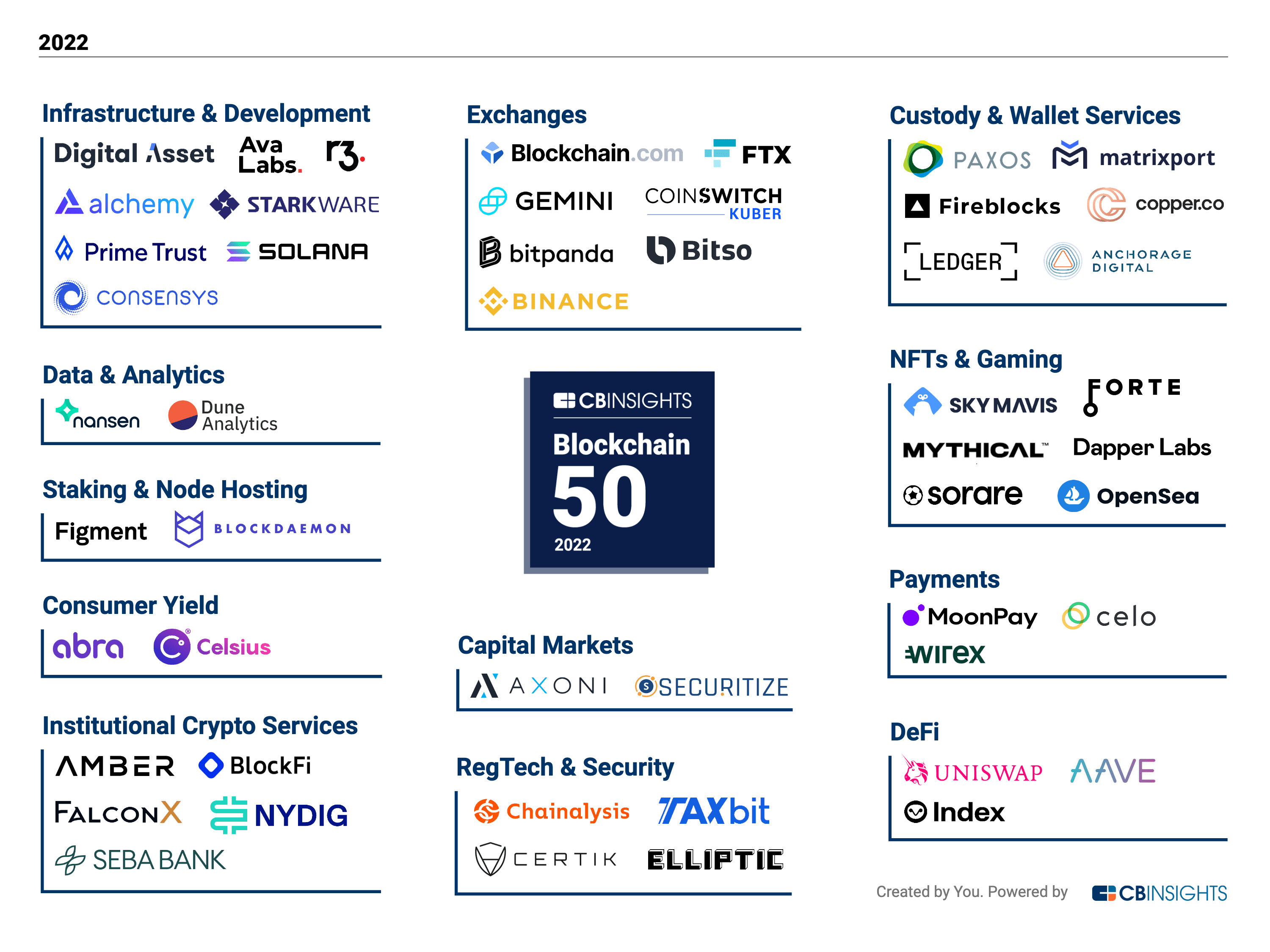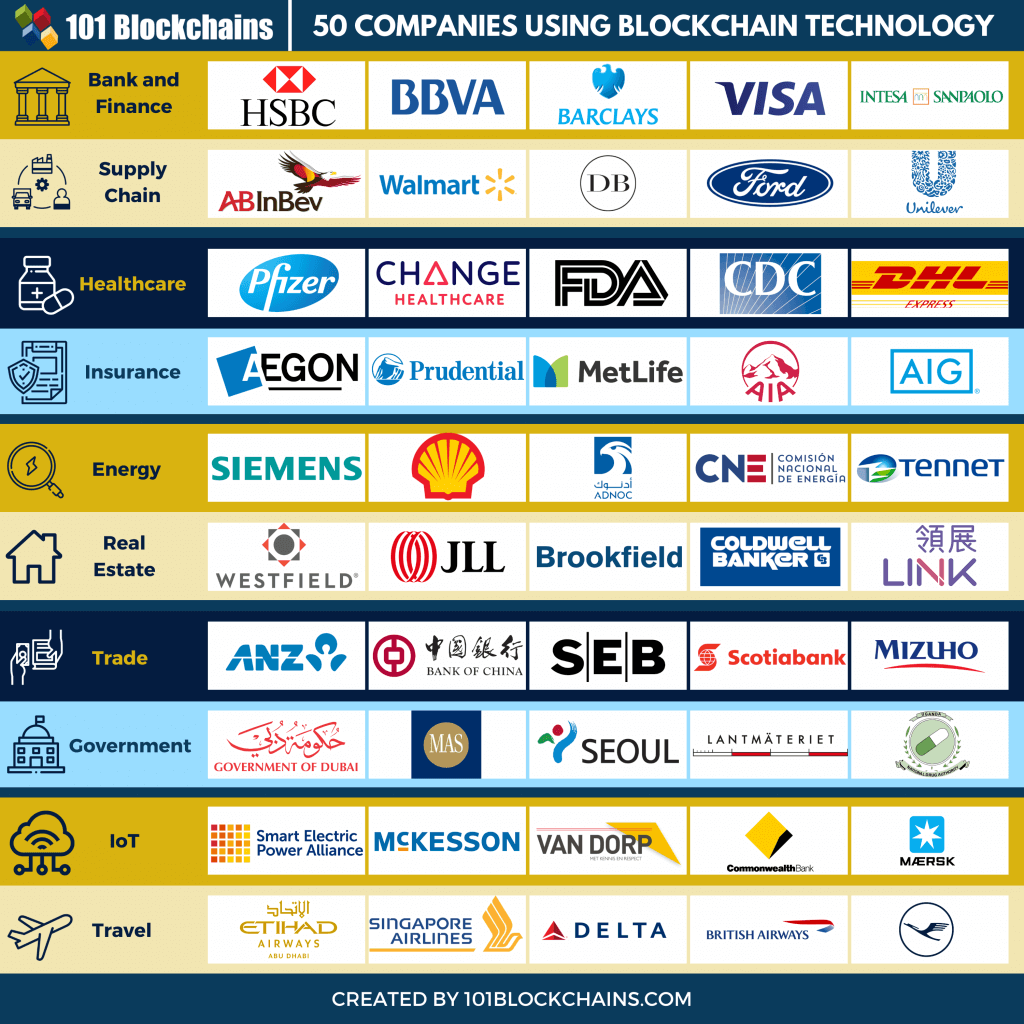Blockchain Technology and Companies

Blockchain companies - Blockchain technology has emerged as a revolutionary force, transforming industries and driving innovation. It is a distributed, immutable ledger that securely records transactions, providing transparency, security, and efficiency.
At its core, blockchain operates on the principles of decentralization, consensus, and cryptography. Decentralization eliminates the need for intermediaries, as data is stored across a network of computers, making it resistant to manipulation or fraud. Consensus mechanisms ensure that all participants agree on the validity of transactions, while cryptography safeguards data integrity and privacy.
Blockchain Applications
The versatility of blockchain technology has led to its adoption in various sectors:
- Finance: Streamlining financial transactions, reducing costs, and enhancing security through digital currencies, cross-border payments, and trade finance.
- Supply Chain Management: Tracking goods and materials from origin to destination, ensuring transparency, reducing fraud, and optimizing efficiency.
- Healthcare: Securing and sharing patient data, improving collaboration among healthcare providers, and facilitating research.
- Government: Enhancing transparency and accountability in governance, simplifying voting processes, and automating public services.
Role of Blockchain Companies
Blockchain companies play a crucial role in driving innovation and adoption of this technology. They develop and offer blockchain solutions, such as platforms, applications, and consulting services, that cater to specific industry needs.
- Platform Providers: Offer infrastructure and tools for building and deploying blockchain applications.
- Application Developers: Create customized blockchain solutions tailored to specific use cases.
- Consulting Firms: Guide organizations in understanding and implementing blockchain technology, providing expertise and support.
Key Players in the Blockchain Industry
The blockchain industry has witnessed the emergence of several dominant players that have shaped the market landscape. These companies have established a strong foothold through innovative solutions, strategic partnerships, and effective revenue models.
Do not overlook explore the latest data about top coin.
Their competitive advantages, market share, and revenue strategies are crucial factors in understanding the dynamics of the blockchain industry.
Find out further about the benefits of drip crypto that can provide significant benefits.
Major Blockchain Companies
- Ethereum: A decentralized platform known for its smart contract functionality and thriving developer community.
- Binance: The world's largest cryptocurrency exchange by trading volume, offering a wide range of cryptocurrencies and trading pairs.
- Coinbase: A popular cryptocurrency exchange known for its user-friendly platform and institutional-grade security.
- Circle: A blockchain-based payment and financial services company focused on stablecoins and cross-border payments.
- Ripple: A company specializing in enterprise blockchain solutions for cross-border payments and supply chain management.
Blockchain Applications and Use Cases: Blockchain Companies

Blockchain technology finds applications in various sectors, offering benefits like transparency, security, and efficiency. Its decentralized and immutable nature makes it suitable for applications that require trust, collaboration, and secure data management.
Notice digital exchange for recommendations and other broad suggestions.
Supply Chain Management
- Tracking goods from origin to end consumer, ensuring transparency and preventing counterfeiting.
- Automating processes, reducing costs, and improving efficiency.
- Providing real-time visibility into the supply chain, allowing for better decision-making.
Finance and Banking
- Facilitating secure and transparent financial transactions.
- Reducing settlement times and transaction costs.
- Enabling new financial products and services, such as decentralized lending and digital asset trading.
Healthcare
- Securely storing and sharing patient data, improving patient privacy and data integrity.
- Facilitating collaboration between healthcare providers, streamlining processes and improving patient outcomes.
- Tracking the movement of drugs and medical devices, ensuring safety and preventing counterfeiting.
Government and Public Sector
- Improving transparency and accountability in government processes.
- Creating secure and efficient systems for voting, land registry, and identity management.
- Reducing corruption and fraud by providing an auditable and tamper-proof record of transactions.
Other Applications
- Digital identity and access management.
- Crowdfunding and fundraising.
- Internet of Things (IoT) device management.
Blockchain technology has the potential to revolutionize industries and transform society. Its decentralized and immutable nature provides new opportunities for trust, collaboration, and innovation.
Investment Landscape for Blockchain Companies
 The blockchain industry has attracted significant investment in recent years. Venture capital firms, private equity funds, and other investors have poured billions of dollars into blockchain startups. This investment has helped to fuel the development of new blockchain technologies and applications. There are a number of factors that have contributed to the strong investment landscape for blockchain companies. First, blockchain technology has the potential to revolutionize a wide range of industries. Second, the blockchain industry is still in its early stages of development, which means that there is a lot of room for growth. Third, there is a growing number of experienced entrepreneurs and investors who are interested in investing in blockchain companies. The types of investors and funding sources available to blockchain companies vary depending on the stage of development of the company. Early-stage companies may rely on seed funding from venture capital firms or angel investors. As companies mature, they may seek Series A, B, or C funding from venture capital firms or private equity funds. Some blockchain companies have also gone public through initial public offerings (IPOs). The valuation of blockchain companies is based on a number of factors, including the team, the technology, the market opportunity, and the financial performance of the company. The valuation of blockchain companies has increased significantly in recent years, as investors have become more aware of the potential of blockchain technology.
The blockchain industry has attracted significant investment in recent years. Venture capital firms, private equity funds, and other investors have poured billions of dollars into blockchain startups. This investment has helped to fuel the development of new blockchain technologies and applications. There are a number of factors that have contributed to the strong investment landscape for blockchain companies. First, blockchain technology has the potential to revolutionize a wide range of industries. Second, the blockchain industry is still in its early stages of development, which means that there is a lot of room for growth. Third, there is a growing number of experienced entrepreneurs and investors who are interested in investing in blockchain companies. The types of investors and funding sources available to blockchain companies vary depending on the stage of development of the company. Early-stage companies may rely on seed funding from venture capital firms or angel investors. As companies mature, they may seek Series A, B, or C funding from venture capital firms or private equity funds. Some blockchain companies have also gone public through initial public offerings (IPOs). The valuation of blockchain companies is based on a number of factors, including the team, the technology, the market opportunity, and the financial performance of the company. The valuation of blockchain companies has increased significantly in recent years, as investors have become more aware of the potential of blockchain technology. Types of Investors, Blockchain companies
There are a number of different types of investors who invest in blockchain companies, including:- Venture capital firms
- Private equity funds
- Angel investors
- Family offices
- Corporations
- Governments
Funding Sources
There are a number of different funding sources available to blockchain companies, including:- Seed funding
- Series A, B, and C funding
- Initial public offerings (IPOs)
- Token sales
Challenges and Opportunities for Blockchain Companies
Blockchain technology presents unique challenges and opportunities for companies operating in this rapidly evolving industry. Understanding these factors is crucial for driving growth and success.
Challenges
- Scalability: Blockchains face challenges in handling high transaction volumes, potentially limiting their widespread adoption.
- Security: While blockchain is known for its security, vulnerabilities can arise from hacking attempts or smart contract exploits.
- Regulation: The regulatory landscape for blockchain is still evolving, creating uncertainty for companies operating in this space.
Opportunities
Despite these challenges, blockchain companies have opportunities to overcome them and drive growth:
- Collaboration: Partnerships and collaborations between blockchain companies can accelerate innovation and address scalability issues.
- Innovation: Continuous development of new blockchain protocols and solutions can enhance security and efficiency.
- Regulatory Clarity: As regulatory frameworks for blockchain mature, it can provide greater certainty and stability for companies operating in this industry.
Future Prospects
The future of the blockchain industry holds immense potential for growth and innovation. As challenges are addressed and opportunities are seized, blockchain companies are poised to play a transformative role in various sectors.
